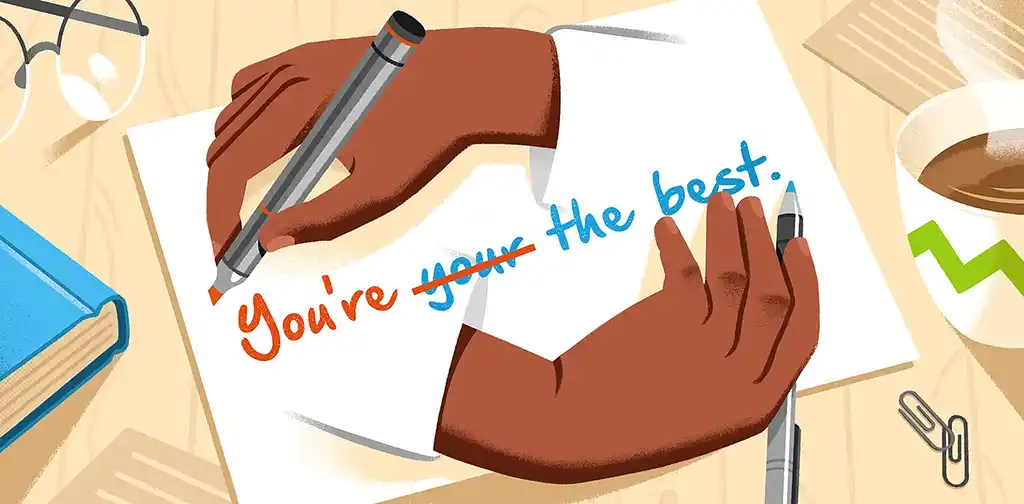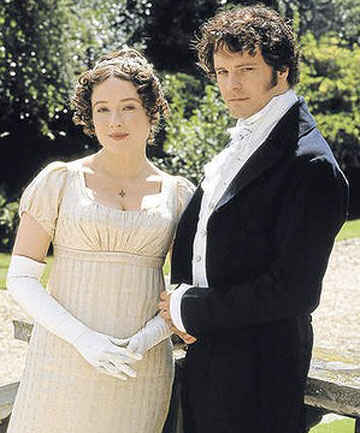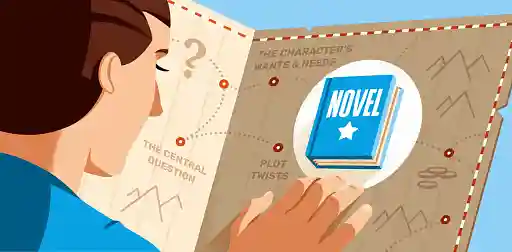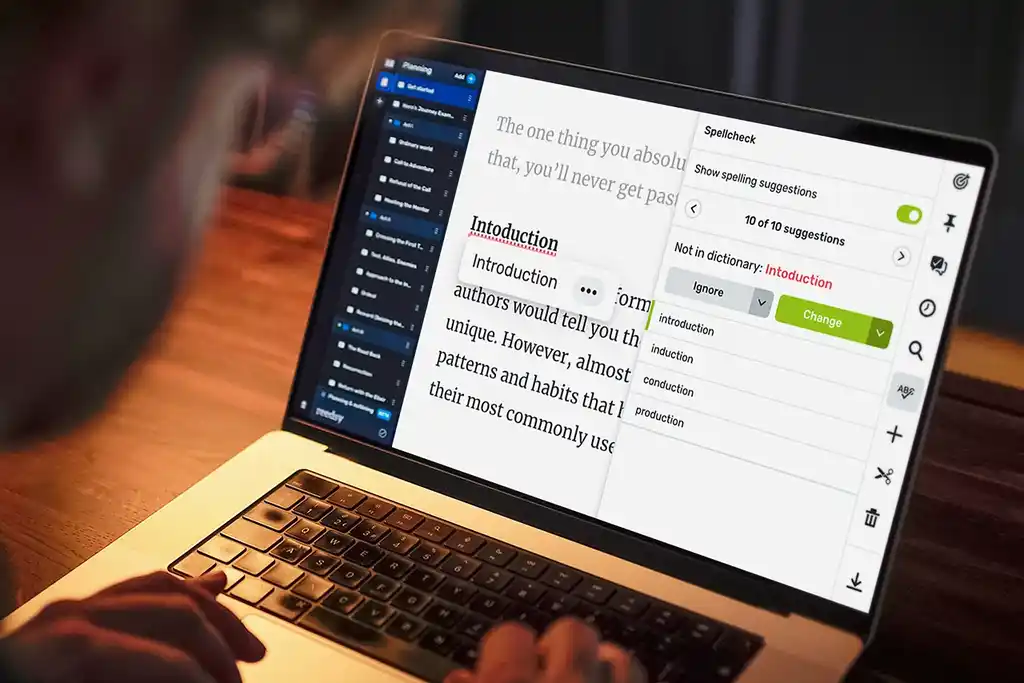Posted on Apr 17, 2023
Alright vs All Right: What is the Difference? [+ Examples]
Alright and all right are two spellings of the same word, which can be used as:
- an adjective to describe nouns as OK, good, or satisfactory;
- an adverb to mean that something is going or someone is doing well; and
- a form of exclamation or affirmative in conversation or speech.
There is little difference in meaning, though the more modern alright is not always accepted in formal texts.
In this article, we’ll take a closer look at some of the subtle nuances of these two iterations of the same word, to help you decide which one to use and when.
Alright is a modern form of all right
Despite the widespread usage of the shortened alright in everyday parlance, some grammarians still consider it a modern upstart. So, how come alright hasn’t achieved the same status in dictionaries and style guides as its two-word predecessor?
The short answer? Timing.
Standardized spellings
The slightly longer answer is that the spelling alright only appeared as a contender to all right in the late 1800s. By then, English spelling had already become somewhat standardized, so people were not as quick to accept the shorter newbie as a legitimate spelling as some other spelling variations, such as always, almost, although, and altogether. The difference was that these words had established themselves as legitimate alternatives before spelling was standardized and had thus already become accepted parts of the English language.
On this somewhat arbitrary basis, grammarians and English teachers often argue that the only correct spelling is all right. Some even go so far as to say that you seem more educated when using the two-word form, rather than the shortened, colloquial alright — though others chalk this up to language snobbery and argue that alright is just as legitimate.

Correct and less correct
Despite the initial and continued partial rejection, alright has become such a frequent part of English that it can’t be completely written off as incorrect. Rather, nowadays, it’s often just considered a less correct and colloquial form, causing some confusion and division over whether you can or should use it, and if so, when. Some say it’s fine in any situation, while others say it’s unacceptable in formal writing. But language is fluid and ever-changing, and the cut-off between formal and informal — and between correct and incorrect — is not always clear.
When there is a divide over spelling or grammar, experts and style guides largely base their suggestions on the most prevalent form. This can be a self-fulfilling prophecy — if grammarians lean on the side of all right, more people are likely to use this spelling — and guides are sometimes slow to integrate new variations that reflect how people actually use the language in their everyday lives. The reality is that, though all right is more commonly recommended, these days you can get away with alright in most situations. Ultimately, which form you choose will come down to preference and context.
🤔 Unsure about other grammar and spelling rules? On our blog, you can also learn about when to use an Oxford comma and how to tell the difference between lay and lie, among other things.

FREE RESOURCE
Get our Book Editing Checklist
Resolve every error, from plot holes to misplaced punctuation.
They are almost interchangeable
Because alright and all right are simply different spellings of the same word, they have near-identical meanings and could be considered interchangeable. However, some argue that there’s a slight difference in usage and nuance.
Use All right for formal texts or to emphasize "all"
As we’ve already touched on, you can consider all right as the word's original spelling, and the one style guides and teachers will most often advise people to use. It works in formal and informal contexts — from casual dialogue to essays or printed publications — and is often used as an adjective, describing nouns as OK or satisfactory, or as an adverb meaning "well." For example:
Adjective: The house looked all right from the outside, but there was a terrible smell coming from the basement.
Adverb: I hope I did all right on the spelling test.
It can also be used as an exclamation or affirmation:
Exclamation: All right, listen up class! Today we’re working on spelling.
Affirmation:
Mr. Darcy: I ardently admire you Miss Bennet, even though your family is an embarrassment. Will you skip to the good part and marry me?
Elizabeth Bennet: All right, I don’t like your pride but we both know this is how romance novels end anyways.

Arguably, you could insert alright in place of all right in all of these sentences. However, there is one situation where you have to use the two-part form: namely, when you’re emphasizing that "everyone" or "everything" is right or correct. For example:
The kids are all right.
The students were all right in their guesses.
In the first sentence, you could interpret all right as a reassurance that the kids are doing well, but when you use the two-word spelling, it could also mean that all the kids are right in something they said or thought. Likewise, in the second sentence, you are saying that all the students had guessed something correctly. Here, it’s not a matter of being satisfactory or OK, but about emphasizing that all is right, separating the two words rather than considering them as a set phrase.
In this sense, all right is more versatile than alright — leaving more room for interpretation, but also confusion — and will be accepted in all situations, perhaps making it the safest option if you want to stick to one of these two spellings across the board.
But alright still has its perks. Let’s look at some of its usages.
Use Alright for informal texts or to save space
Gaining traction in the late 1800s, alright follows the trend of other contracted words — like always and already — where two frequently used words have amalgamated into one entity. It’s sometimes attributed to Mark Twain’s short story “The Celebrated Jumping Frog of Calaveras County” from 1865 and can be used in much the same ways as all right:
Adjective: Luckily, when she opened the box the cake looked alright, despite the bumpy ride back from the bakery.
Adverb: He did alright, for his first try.
Exclamation: Alright! Enough. No more fighting between you two.
Affirmation:
- Mom, can I have ice cream before dinner?
- Alright, but only because it’s your birthday!
In the UK, alright is also commonly used as a form of greeting, by saying “You alright?” or simply “Alright?” For anyone wondering, this is largely a rhetorical question and you’re not actually supposed to answer with details about your well-being or elaborate on how your day is going, even if it may seem that way to the unsuspecting listener. Simply replying “Yeah, alright” will suffice.
And while some argue that all right is required for formal texts, the shortened alright can help you achieve a more relaxed and natural tone, especially if you’re writing dialogue, where all right may seem awkward or stiff.

FREE COURSE
How to Write Believable Dialogue
Master the art of dialogue in 10 five-minute lessons.
Likewise, alright is frequently seen in song lyrics (though all right also occurs), perhaps because it more closely represents how the word is pronounced, is quicker to write, and takes up less space on the page.

If you’re still unsure which form to use, you could always hire a professional copy editor or proofreader to keep track of your spelling.

Looking for a professional editor, designer or marketer?
The best are already on Reedsy, come meet them!
Learn how Reedsy can help you craft a beautiful book.
Alright, there you have it. In the grand scheme of things, there’s not much difference between these two spellings, and you can often choose whichever one you feel most comfortable with regarding your writing. All right may be the safer bet overall, but you won’t be entirely incorrect if you choose to go with the shorter alright either.







